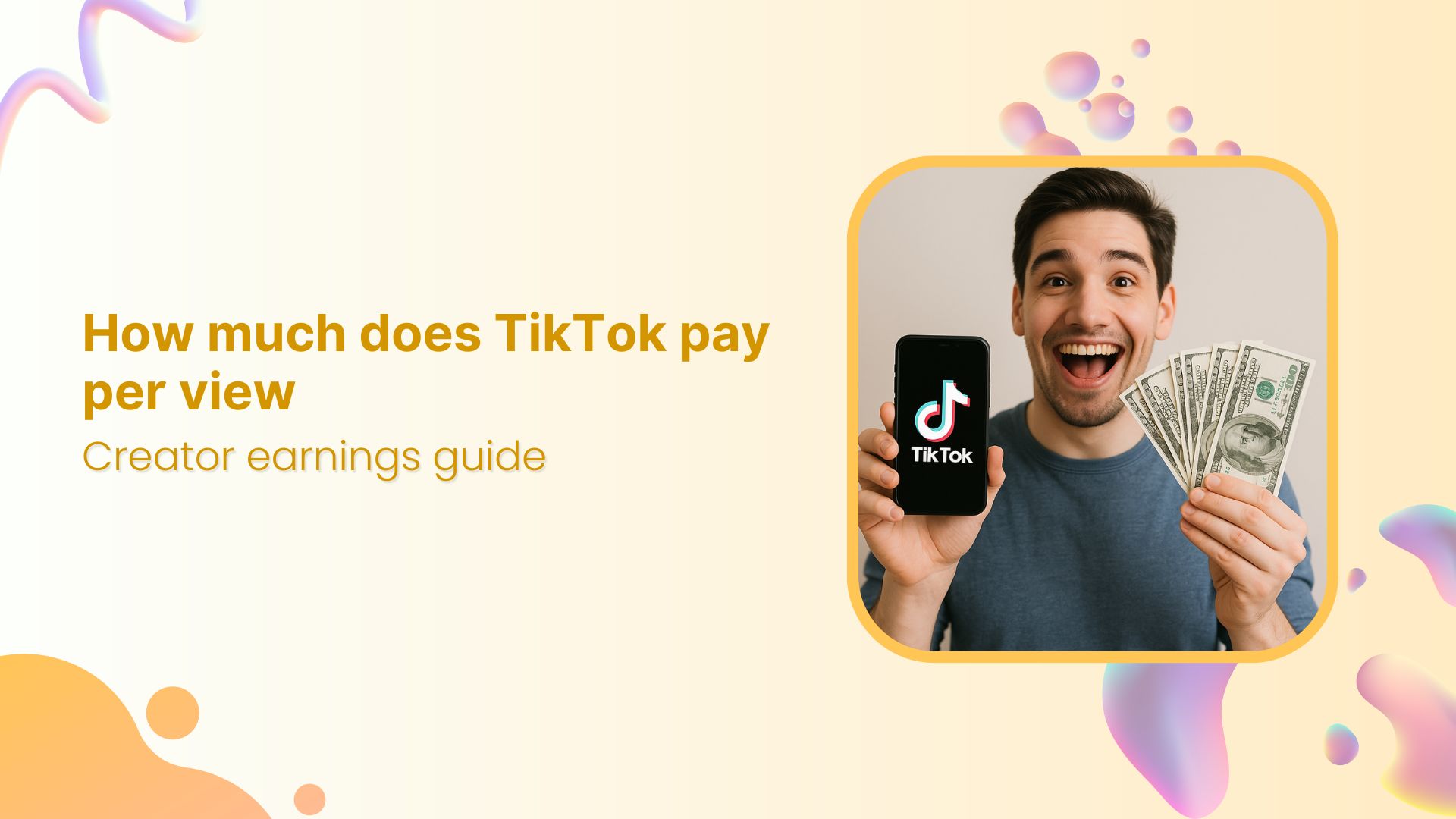Bulk-generate & schedule posts in seconds with Smart Scheduling. Try now!
Clout

What is clout?
Clout is a slang term that refers to an individual's influence, power, or credibility, particularly in social media and digital spaces. Having clout means being recognized, respected, and followed by many, often leading to engagement, brand deals, and monetization opportunities. The term is commonly used in industries like entertainment, fashion, entrepreneurship, and online marketing.
The origins of clout
The word "clout" originates from Old English, meaning "a piece of cloth" or "patch." Over time, it evolved to mean "influence" or "power," especially in political and social contexts. In modern slang, clout gained popularity through hip-hop culture and social media, where it signifies online influence and the ability to shape trends.
Clout in social media
On social media platforms like Instagram, TikTok, YouTube, and Twitter (X), clout is often determined by:
- Number of followers – The more followers one has, the greater their perceived influence. Understanding how often to post on social media can help grow your following.
- Engagement rates – High likes, comments, shares, and interactions signal authority and credibility.
- Brand collaborations – Influencers with significant clout attract sponsorships and partnerships.
- Viral content – Posts that reach a large audience quickly boost clout.
Having clout allows individuals to set trends, influence public opinion, and drive conversations in their respective industries.
Why clout matters in the digital space?
Clout is more than just online popularity—it translates into tangible opportunities:
- Monetization: High clout leads to sponsorships, affiliate marketing, and ad revenue.
- Brand growth: Businesses leverage clout to enhance credibility and attract customers. A solid B2C social media marketing strategy can help build this presence.
- Networking opportunities: Clout opens doors to collaborations, speaking engagements, and career advancements.
- Cultural influence: Individuals with clout can shape discussions, promote causes, and drive social change.
How to build clout on social media?
Gaining clout takes time, effort, and strategic content creation. Here are essential steps to grow your influence:
- Create high-quality content: Deliver valuable, engaging, and relatable content that resonates with your audience.
- Be consistent: Creating a content calendar helps maintain regular posting schedules and increases visibility and credibility.
- Engage with your audience: Respond to comments, messages, and participate in conversations to build a loyal community.
- Leverage trends: Staying up-to-date with trending topics and viral challenges boosts engagement. Learning platform-specific strategies can help you gain traction.
- Collaborate with influencers: Partnering with established influencers exposes your content to a broader audience.
- Use SEO and hashtags: Optimize your posts with keywords and trending hashtags to improve discoverability.
- Diversify content formats: Utilize videos, infographics, stories, and podcasts to appeal to different audiences.
Risks of clout chasing
While clout can be beneficial, chasing it recklessly can have negative consequences:
- Loss of authenticity: People who prioritize clout over substance may appear inauthentic, leading to loss of trust.
- Mental health issues: Constantly seeking validation through likes and followers can cause anxiety and self-esteem problems.
- Reputation damage: Engaging in controversial or unethical behavior for attention can backfire and harm one's credibility.
- Short-lived popularity: Viral fame is often temporary; without valuable content, audiences may quickly lose interest.
Examples of clout chasing
Clout chasing refers to people engaging in attention-seeking behaviors solely to gain online fame. Some examples include:
- Public stunts: Individuals performing dangerous or outrageous acts to go viral, such as extreme pranks or reckless challenges.
- Fake controversies: Stirring up drama or making false claims to grab headlines and attract followers.
- Exaggerated luxury lifestyles: Pretending to live an extravagant lifestyle by renting luxury items or staging elaborate social media posts.
- Using tragedies for engagement: Exploiting real-life disasters or personal hardships for sympathy and viral traction.
- Copycat trends: Mimicking viral sensations without adding any originality to ride on existing trends.
While seeking visibility is natural in the digital age, ethical content creation and authenticity remain the key to sustainable clout. Avoid common social media mistakes that could harm your reputation.
Final thoughts
Clout is a powerful digital currency that can open doors to career growth, influence, and financial opportunities. However, it's essential to build clout organically by providing value, engaging with audiences, and maintaining authenticity. Instead of chasing fleeting fame, focus on long-term impact and meaningful connections in the digital landscape.

Create, plan, schedule, and publish posts on all social media networks
Recommended for you


Powerful social media management software
14-day free trial - No credit card required.


